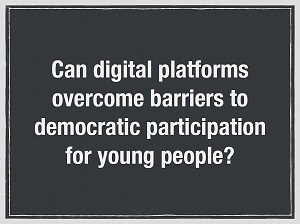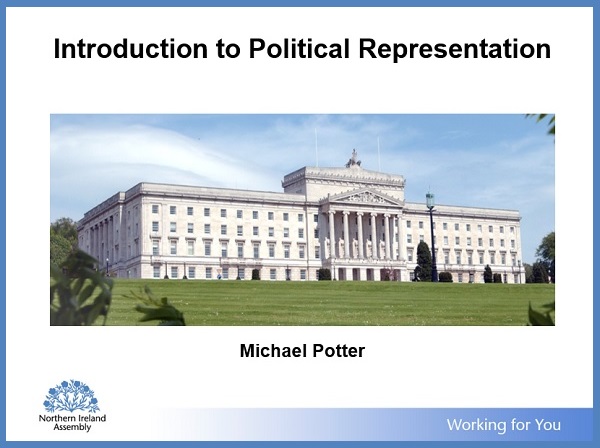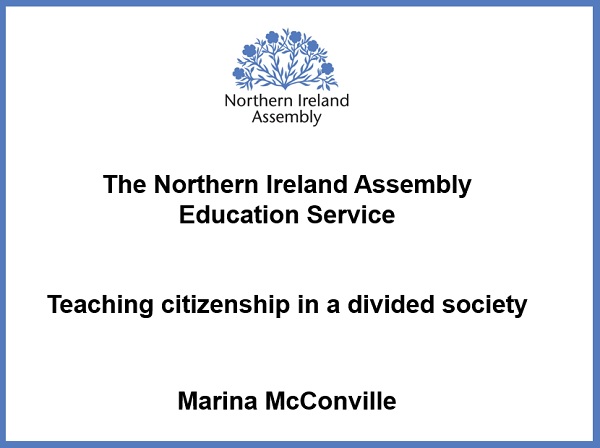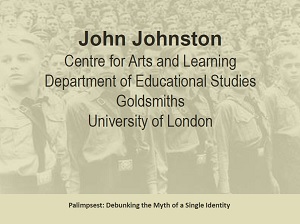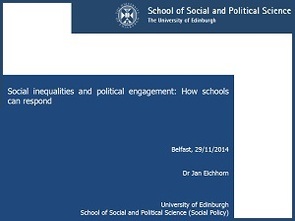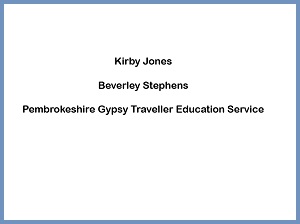- About
-
Conferences
- Publications
-
Funded Projects
- FNDPs 2019-20
- FNDPs 2017-18
- FNDPs 2016-17
- FNDPs 2015-16
-
Completed SSRIs
>
- Promoting Values and Citizenship through Human Rights Education
- Enabling Student Voice in the Classroom
- Campaign! Make an impact
- Promoting citizenship and values education in primary schools facing challenging socio-economic circumstances: an exploratory pilot
- Beyond Sectarianism - new thinking for a new generation
- Meeting the cross curricular challenge
- SSRI Awards >
- Citizenship
- Join
Seminar Resources
A series of five seminars and workshops were provided from participants across the five nations. Further seminars were provided by the Education Service at the Northern Ireland Assembly, who co-hosted part of the conference.
|
Identity, digital platforms and participation
Facilitated by James Stewart, Northern Ireland Assembly Participants were given a summary of a research paper on digital platforms and participation, after which they learnt about the work of “Where is My Public Servant?”, a media project made up of young journalists, film makers, presenters and campaigners. The questions explored by participants included:
|
|
How does Social and Economic Identity Influence Political Representation?
Facilitated by Michael Potter, Northern Ireland Assembly During this session, participants heard a short presentation highlighting research on economic and social exclusion. They then discussed diverse identities in relation to politics e.g. socio-economic group, gender, age, sexuality, disability. Participants reflected on their views of identities within the context of Northern Ireland, England, Wales, Scotland and the Republic of Ireland. They discussed common features and explored what has been tried out to increase political participation in each of the nations. Click here to download the presentation accompanying the seminar |
Teaching Citizenship in a Divided Society?
- The work of the Assembly Education Service – addressing issues around identity in a unique political context
- How do Teachers' Social Memory and their Everyday Lives Affect Classroom Practice?: Implications for Citizenship Education in Divided Societies
|
During the session discussions focused on:
|
|
Palimpsest - debunking the myth of a single identity
Facilitated by John Johnston, Goldsmiths, University of London This session focused on an illustrated presentation and discussion of research into the visualisation of identity construction. It drew on work with a wide variety of individuals and groups including beginning teachers and young people from different communities affected by social- political and ethnic conflict. The seminar had a practical component to illustrate the process and the outcomes of the practical were discussed by participants. Click here to download the presentation accompanying the seminar Click here to see the pre-seminar reading and programme suggested by the session leader |
|
Social inequalities and political engagement: How schools can respond
Facilitated by Jan Eichhorn, University of Edinburgh Using original data from representative surveys of Scottish 14-17 year olds’ political attitudes captured in relation to the Scottish independence referendum, the impact of social inequalities on differential political engagement were discussed. After highlighting existing patterns of stratification, potential avenues for addressing these were discussed, in particular focusing on early youth engagement in the political process and the role schools could play within this. Taking into account the research, the discussion of this seminar centred on the question of how schools can best engage with political education and how existing barriers to changes in teaching structures could best be addressed Click here to download the presentation accompanying the seminar Click here to see the pre-seminar reading suggested by the session leader |
|
Identity of Gypsy Travellers and the Impact of Citizenship Education
Facilitated by Beverley Stephens and Kirby Jones, Pembrokeshire Gypsy Traveller Education Service This seminar was delivered by the Head of Pembrokeshire Gypsy Traveller Education Service and a member of the Gypsy Traveller community. Participants discussed cultural issues, including reasons why large numbers of Gypsy Travellers do not continue education after the age of eleven. Kirby Jones told her story, highlighting the importance of education and employment to improve community cohesion and participation. I took a whole new perspective on the travelling community. This has heightened my awareness and am now keen to get involved. PGCE Student, Queen's University Belfast, Northern Ireland |
Participants also attended a seminar/workshop on:
|
Vicious and virtuous circles: how do we bridge the gap between young people and politics?
Facilitated by Martin Price, University of Warwick Participants explored what a major European research project, MYPLACE, tells us about the barriers to young people's participation in formal politics. What role do class, social capital, education and other demographic variables play? They watched an excerpt from Not My Place, a short film that draws on the MYPLACE research data. Participants were then invited to reflect on how the research fits with their own experiences. They considered the effects and consequences of failing to engage young people in politics, and how citizenship education could help to inform and inspire young people to get involved in politics. Click here to see the pre-seminar readings suggested by the session leader |
Teaching about Political identity and Equality in schools – Classroom methodologies and whole school approaches
Facilitated by Mary Gannon, Education Consultant and Deirdre Toomey, Irish Human Rights and Equality Commission This interactive workshop demonstrated how using the framework of the 4 Dimensions of Equality – Equal Opportunities and Outcomes, Respect and Recognition, Participation, and Relationships - can support teaching about political identity and socio-economic inequality, and in strengthening inclusion in schools. The workshop used curriculum based materials and was aimed at second-level teachers and teacher educators. Participants received copies of two resources on Building a Culture of Equality in Schools: Equality and Diversity and Grounds for Action, which were produced by the CDETB Curriculum Development Unit and the Irish Equality Authority in association with the Equality Commission for Northern Ireland. |
- About
-
Conferences
- Publications
-
Funded Projects
- FNDPs 2019-20
- FNDPs 2017-18
- FNDPs 2016-17
- FNDPs 2015-16
-
Completed SSRIs
>
- Promoting Values and Citizenship through Human Rights Education
- Enabling Student Voice in the Classroom
- Campaign! Make an impact
- Promoting citizenship and values education in primary schools facing challenging socio-economic circumstances: an exploratory pilot
- Beyond Sectarianism - new thinking for a new generation
- Meeting the cross curricular challenge
- SSRI Awards >
- Citizenship
- Join

